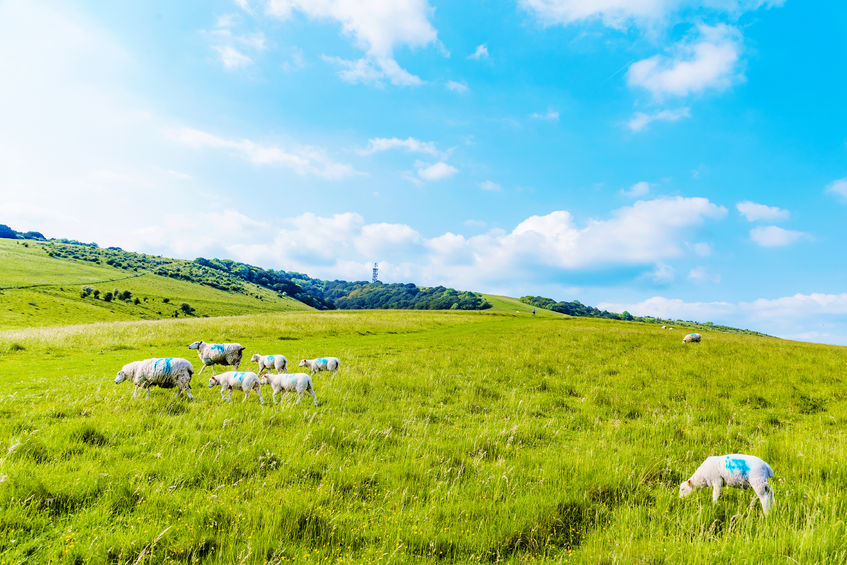
A new report released today at the Oxford Real Farming Conference (ORFC) proposes a ‘new deal’ for Britain’s farmers, which aims to help struggling farmers, improve the environmental sustainability of farming – and save the taxpayer £1.1 billion.
Campaigners say that the report offers “exciting, workable solutions that, if implemented, could radically alter the way we produce food in this country.”
Since 1973, the UK farming sector has been shaped by the EU’s Common Agricultural Policy (CAP) and its subsidies, which has received sustained criticism for handing wealthy landowners millions of pounds from public funds, while smaller farmers receive little or nothing.
In September 2016 it was revealed that 16 of the top 100 recipient farms are owned or controlled by individuals or families on the 2016 Sunday Times rich list, receiving a total of £13.4m in farm subsidies.
The new report, published by Global Justice Now and the New Economics Foundation, argues that coming out of CAP after Brexit presents an opportunity to overhaul the system of subsidies in a way that not only saves the taxpayer £1.1 billion, but also ensures that public money is used for issues such as climate change, restoring the environment, revitalising local economies and creating new jobs in the UK food system.
'A progressive solution'
The report, ‘Agricultural subsidies in the UK after Brexit – A progressive solution’ argues that the new subsidies system could give each active farmer with at least one hectare of land a universal payment of £5,000.
The report says this would 'greatly redistribute' the available funds across farmers and would 'level the playing field' for small-scale producers, while reducing the total amount of money devoted to income support.
The new subsidies system will offer grants for medium-scale, regional infrastructure, including processing facilities and local business development programmes. “This would allow local supply chains to be strengthened and maintained, while supporting new business models and small-scale producers,” the report argues.
The new system wants to offer subsidies for the provision of specific public goods. Decisions on which public goods to prioritise and how to allocate budget would be devolved to regions to set 10-year frameworks based on local knowledge, subject to some nationally agreed constraints, such as climate change mitigation. Public goods could include better animal welfare and soil conservation.
The report also acknowledges the need for the new system of farming subsidies to avoid having 'harmful impacts' on farmers in the global south, and to stop using trade and aid policies to attack the livelihoods of small farmers across the world.
'Get it or get out attitude'
Nick Dearden, the director of Global Justice Now said some politicians think the UK 'no longer needs to grow food' and should instead 'rely' on international trade.
Mr Dearden said: “They pay lip service to the importance of small and medium scale farming, but act as if we should just trade with poorer countries who can grow food ‘cheaper’ than we can actually have a ‘get big or get out’ attitude for farmers both here and in the global south.
“The ‘new deal’ we set out today is quite different – it’s a win for small farmers, a win for the environment and a win for the taxpayer. The only people who won’t be happy are the massive landowners and speculators who will lose their free government money.”
Stephen Devlin, Senior Economist, New Economics Foundation said: “Our farming and food system faces serious challenges; from climate change, to ever-lengthening supply chains and the concentration of land ownership in the hands of a small, wealthy elite. Brexit has thrown all the pieces into the air, and it's up to us to shape how they fall.
“Real change is needed to support environmentally beneficial farming methods, increase jobs in the rural economy, improve support for small-scale farmers and re-localise supply chains. Our proposals for a new subsidy system in the UK would do this, all while saving up to £1.1 billion of public money.
Mr Devlin concluded: “People want to see a food system that works for them and for the environment. It is time for government to catch up.”
